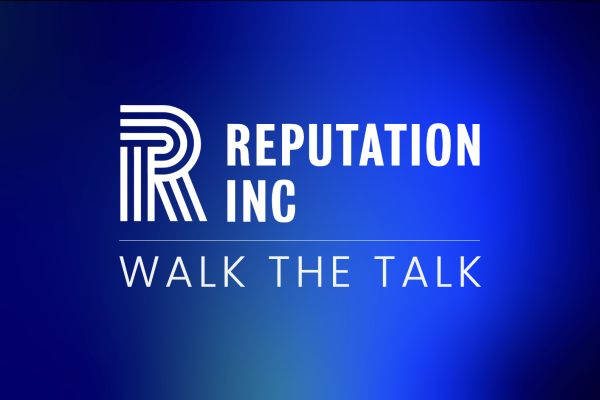
Measuring what matters
Sitting in a board meeting recently, I was delighted to hear the CEO of a global FMCG brand say that he's started measuring the performance of his managers based on the businesses' reputation strength: the more positive the reputation, the better their bonuses, and vice-versa. As a reputation consultant, I know that reputation has not always achieved such revered status among the C-suite.
However, delight turned to doubt as I looked closer at the company's approach to its annual reputation measurement. What struck me first was the lack of a target variable. There was no endgame, to borrow a sporting analogy.

Corporate reputation is a strong measure of a business's perceived competitiveness and future ability and should be related to behavioural outcomes, since it actually motivates stakeholders to invest in, apply for, recommend or endorse a company.
But without a set of clear behavioural objectives to measure reputation against, the FMCG company in question was left with a generic reputation measurement model that simply reflected the mean score of stakeholder perceptions of each reputation dimension - be it innovation, customer service, corporate responsibility, governance, leadership and so on.
In this approach, the weightings of each dimension of reputation are assumed to be equal and the impact on behavioural outcomes goes unmeasured. So high scores might be enthusiastically received by the CEO but it may be a case of false optimism. The simple mean score approach fails to account for how important stakeholders think each dimension is and how reputation impacts their future behaviour.

Even more worrying is that such results can lead managers - who are motivated to maximise their bonuses - to focus their efforts on driving reputation scores up in areas that are not necessarily beneficial to the overall goals of a business.
For instance, the initial reaction of the FMCG company I mentioned was to focus on improving the poor perception of its community work. But there was no way of knowing whether this investment would make a difference to reputation or whether key stakeholders would give the firm credit for its efforts.
Measuring reputation should be about understanding which stakeholder groups a business needs to build equity with and which messages or perceptions will drive the company's bottom line. The question all companies should be asking is: How does reputation influence practical decision-making among key stakeholders that will ultimately help or hinder business growth?


